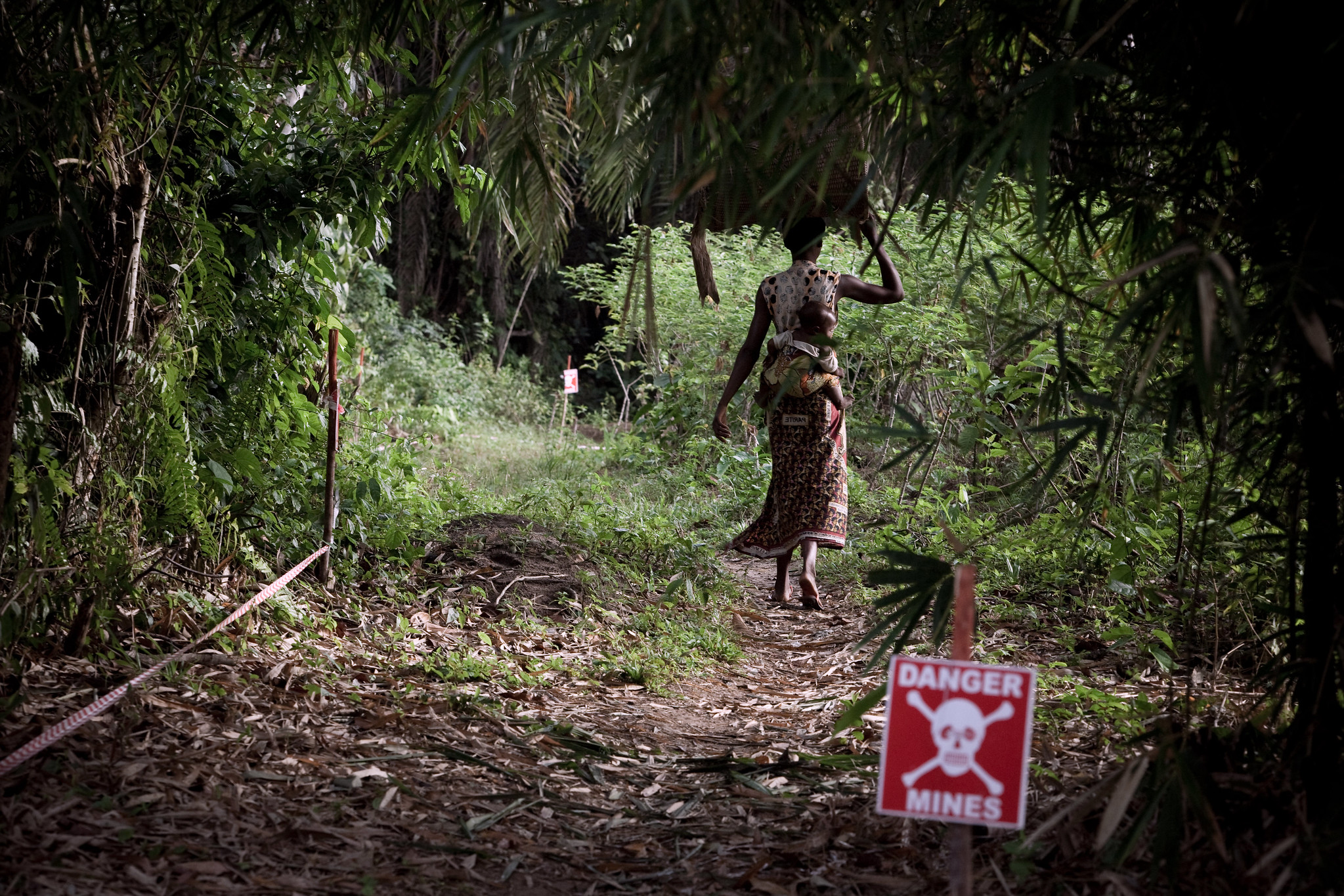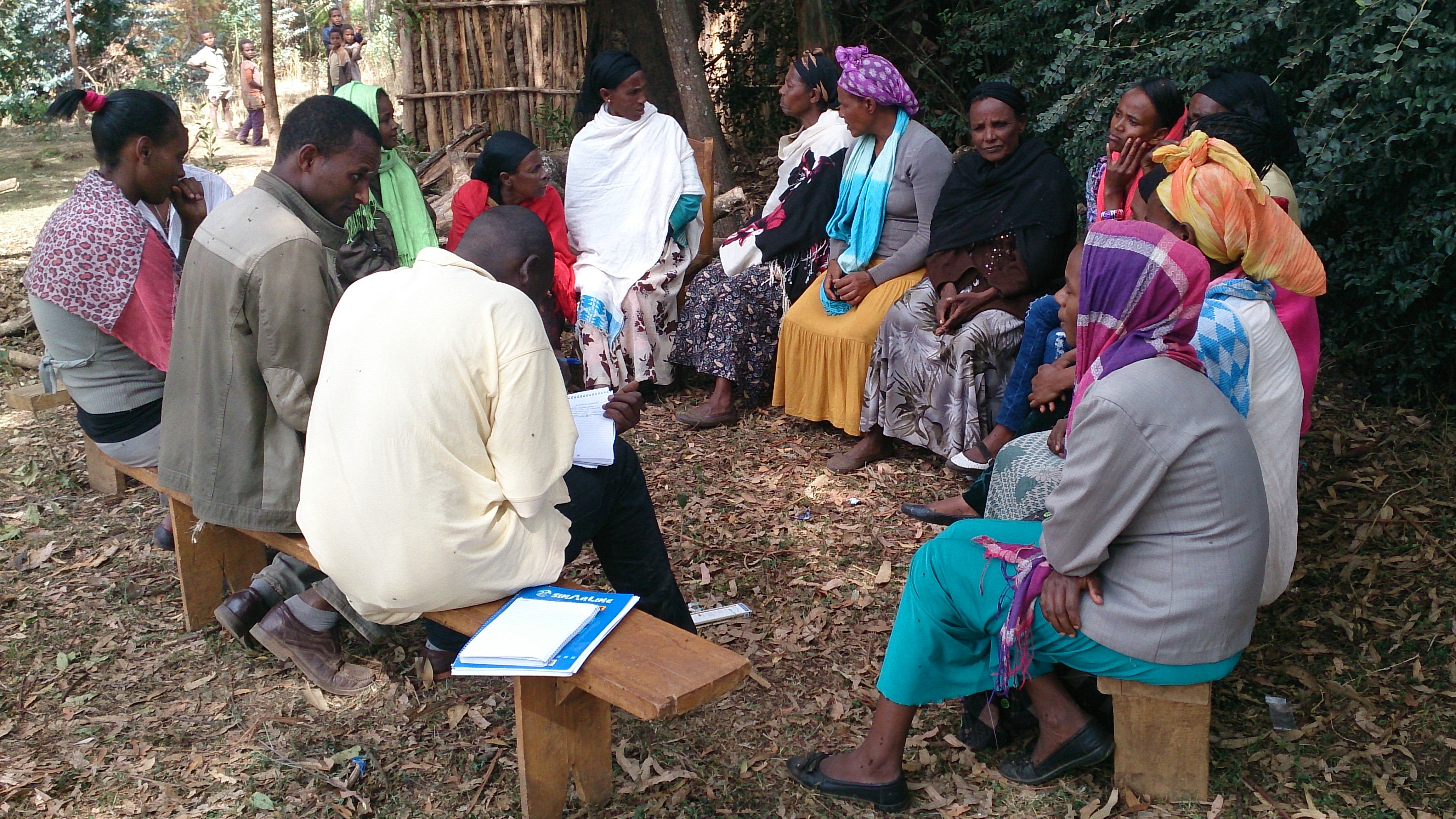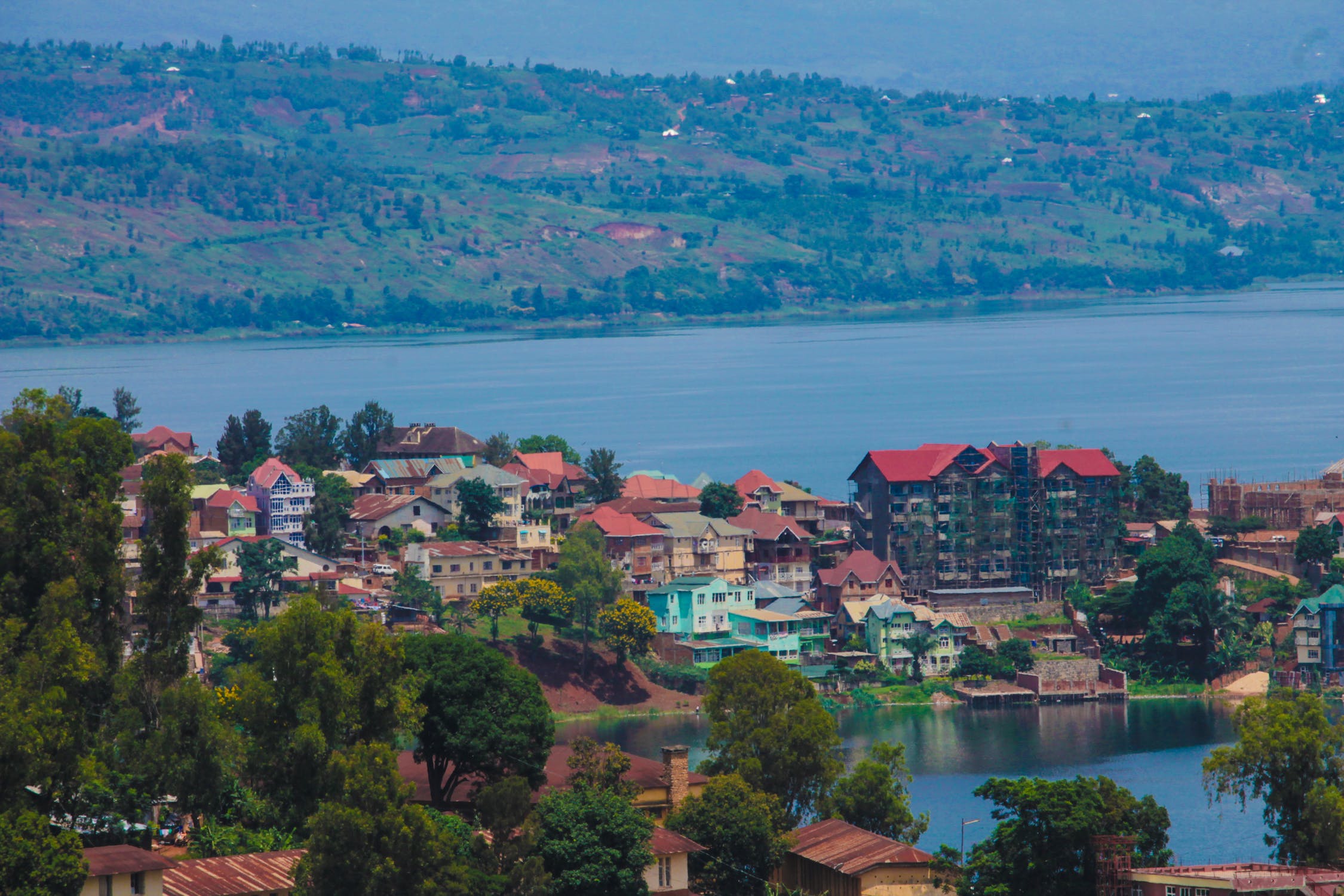Doing research in conflict zones presents many challenges and ethical dilemmas, especially where power dynamics between local actors are tense. The simple act of being present or asking questions can create new conflicts or revive old ones, even when ethical guidelines are followed. It is therefore imperative that researchers understand the dynamics of their research settings and how to negotiate access and exit from the field, which forums for knowledge exchange between researchers could support.
This post was produced as part of the ‘Bukavu Series’, a series of blogs highlighting the violence that persists in the process of academic knowledge production.
In 2018, when I was doing a study in Mukungwe in South Kivu, Democratic Republic of Congo, I had spoken to parties in a local conflict, who each wanted me to show them what the other had said about them. I personally considered this impossible, as it would have exposed the people who had provided me with information. But then my refusal to disclose my sources and the contents of our earlier conversations led to being entrusted with an armed guide the following day. The semi-official line from the non-state authority (the influential leader of a family of mine operators) who assigned my escort was that I would need a guide who could orient me in the local setting, while also ensuring my security so that nothing bad would happen to me.
However, on his first day with me, my guide wouldn’t leave me alone to speak with the artisanal miners I was interviewing, which meant that my interlocutors didn’t want to comment on certain questions. This reticence was due to a fear of reprisals after my departure. It was therefore necessary to change my mode of operation. I approached my guide and asked if he could leave me alone to talk with the miners so that they could speak to me objectively. He agreed to this after a long negotiation. Actually, he agreed after being promised a monetary incentive. During subsequent interviews, he agreed to withdraw at the start of each conversation. Only then did my respondents start revealing important information.
In this situation, I was lucky enough to be able to negotiate an ‘elegant’ solution. I was able to respect the local authority’s wish to control some of my movements in the area by respecting the presence of my ‘spy-guide’. At times his presence was even useful in directing me to the right places. At the same time, I was able to negotiate his withdrawal during the actual interviews. There’s no doubt that the fact that I was accompanied affected the way the miners spoke to me; at the same time, though, the contents of our conversations nevertheless allowed me to conclude that they still felt relatively free to express themselves. And, of course, the situation could have turned out much worse. I could have gotten a categorical refusal from my ‘guide’ and been obliged to terminate my research activities; or I could have continued my research in his presence but failed to collect any useful data.
Doing research in conflict zones presents many challenges and ethical dilemmas. As a researcher, one must regularly face these completely alone. Often we confront these challenges without any framework in which to seek advice from our peers. It’s therefore imperative that they find a forum in which to tackle such vital issues for their research. Through an open exchange, one could seek out support for problems and dilemmas and, furthermore, exchange ideas with others about the challenges they face. But above all we should try to create a network through which researchers can find moral support in the event of difficult situations.
This post was translated by Sara Weschler and first appeared on the Governance in Conflict blog hosted by Ghent University, with funding from the LSE Centre for Public Authority and International Development.
Photo: MONUSCO peacekeepers positioned at a road block north of Goma, DRC search incoming trucks after movement of M23 troops have been observed earlier in the day. © MONUSCO/Sylvain Liechti. Licensed under CC BY-SA 2.0.





